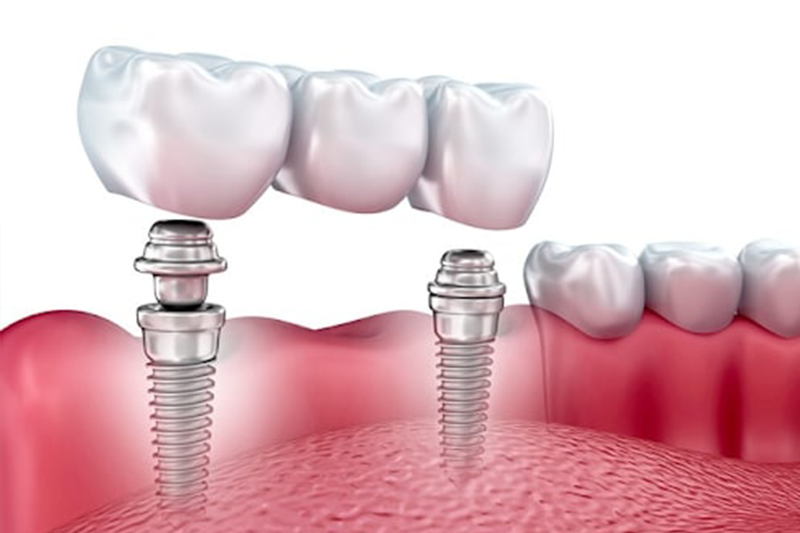
Emergency Dental Situations: What You Need to Know in Stratford, CT
Welcome to our latest blog post! Dental emergencies can be unexpected, frightening, and painful. Understanding what constitutes a dental emergency, how to handle it, and when to see your dentist can save your teeth and potentially avoid more severe complications. Let’s dive in!
1. What Is a Dental Emergency?
A dental emergency refers to any situation involving your teeth, gums, or mouth that requires immediate medical attention. Common dental emergencies include:
- Knocked-out tooth
- Broken or fractured tooth
- Severe toothache
- Dental abscess or infection
- Lost dental filling or crown
- Soft tissue injury, like bitten tongue or lip
2. Handling Dental Emergencies: First Aid Tips
- Knocked-out tooth: Hold it by the crown (top part), not the root. Gently rinse it without scrubbing. If possible, place it back in its socket or store it in milk. Visit a dentist immediately.
- Broken or fractured tooth: Rinse your mouth with warm water. If there’s swelling, apply a cold compress outside the affected area. See your dentist as soon as possible.
- Severe toothache: Rinse with warm salt water and ensure no food or debris is stuck between teeth. Avoid placing aspirin directly on the gum. Visit your dentist quickly.
- Dental abscess: This is a severe infection and can be potentially life-threatening. Look out for swollen gums, persistent toothaches, and pus. Seek immediate dental or emergency medical care.
- Lost dental filling or crown: For a lost filling, you can use sugar-free gum as a temporary measure. If a crown falls out, try to put it back over the tooth using over-the-counter dental cement. Either way, consult your dentist promptly.
- Soft tissue injury: Rinse with warm salt water. If bleeding, apply gentle pressure with a piece of gauze or a tea bag.
3. Preventing Dental Emergencies
While not all emergencies can be prevented, here are some tips to reduce the risk:
- Wear a mouthguard during sports or recreational activities.
- Avoid chewing hard objects, like ice or hard candy.
- Regular dental check-ups can help spot potential issues before they escalate.
4. Importance of a Dental Emergency Kit
Having a dental emergency kit can be a lifesaver. Consider including:
- A small container with a lid
- Gauze
- Handkerchief
- Over-the-counter pain relievers (not aspirin)
- Saline solution or a small bottle of milk (for storing a knocked-out tooth)
- Dental cement or adhesive
5. When in Doubt, Call Your Dentist!
Your dentist will provide guidance on how to handle your situation and determine if immediate attention is needed. They’re there to help, so never hesitate to reach out.
In conclusion, while dental emergencies can be daunting, having the right knowledge and being prepared can make all the difference. Remember to maintain regular dental check-ups to keep your oral health in optimal condition.
Stay safe and keep smiling!
Disclaimer
The information provided in the blog post is for informational purposes only and should not be considered a substitute for professional medical advice.


